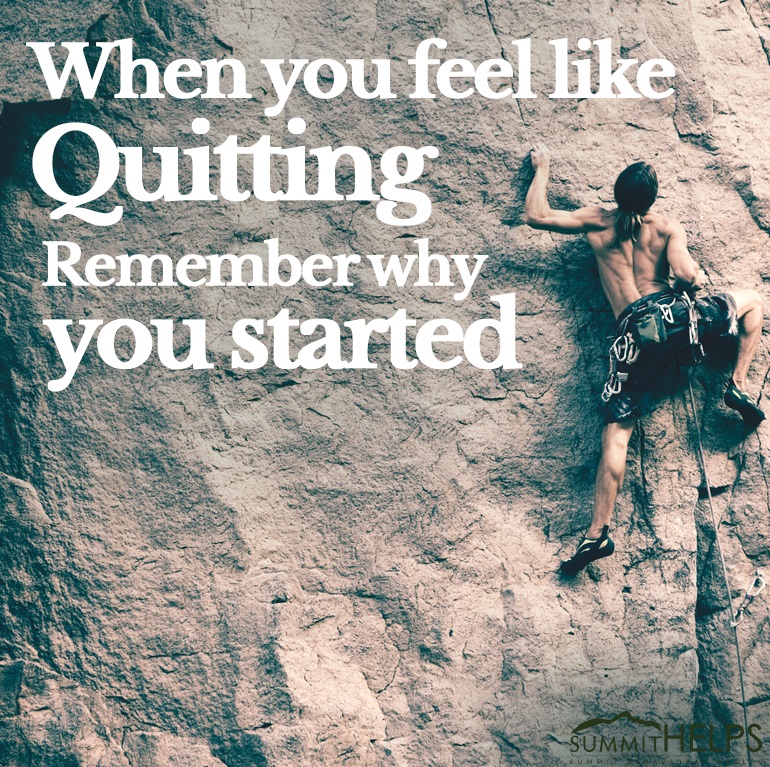For those who are addicted to drugs or alcohol, recovery is a journey, not a destination. The possibility of falling back into old behaviors always exists, no matter how long a person has been clean and sober. Talking about relapse prevention while clients are still in treatment may seem as though it is setting them up for failure, but nothing could be further from the truth. By acknowledging that recovering addicts are at risk for relapse, we can give them the tools they need to deal with this issue.
Our Relapse Prevention Program (RPP) is a 16 week individualized program helps those who have already completed treatment and works best for those who do not require more intensive or ongoing treatment.
Addiction Relapse Occurs In Stages
A relapse is not an isolated event; it occurs in stages. The goal of a relapse prevention program is to help our clients learn how to recognize when they are vulnerable to starting on the downward cycle toward a relapse so that they can take steps to turn it around.
Some of the emotions and behaviors that a person who is vulnerable or close to relapse may include:
- Anger
- Anxiety
- Changes in appetite
- Difficulty sleeping
- Impatience
- Lying
- Moodiness
- Talking about drugs/alcohol or their past
- Reconnecting with/seeing friends they have used alcohol or drugs within the past
Addiction Relapse Prevention Program Teaches Coping Skills
Our relapse prevention program in New Jersey teaches clients how to deal with triggers and cravings that create a desire to start using again. At Summit Helps, we understand that each client has different needs when it comes to preventing relapse and that there is no one strategy that is going to work for everyone.
Using strategies to prevent a relapse from occurring must be an ongoing process for our clients, and they need to be vigilant about ensuring that they stay committed to preserving their sobriety by utilizing the teachings and tools provided to them through our support and treatment.
A momentary slip does not have to turn into a full-blown return to substance abuse, but that doesn’t mean that anyone in recovery from a substance abuse issue can afford to let their guard down and decide that using “just this once” is going to be all right.
Help To Not Give In To Cravings
At Summit Behavioral Health, we teach our clients alternatives to giving in to cravings, such as reaching out to a sponsor or a counselor for support. Going to an AA or an NA meeting can also give clients the support they need to maintain sobriety. Engaging in an activity can also help, since staying busy is one of the strategies that people in recovery are given to follow.
Preventing relapse is only one part of the treatment we provide for our clients.
Call Us Now To Learn Just How Our Programs Can Guide You Or A Loved One To Life-Long Sobriety!

